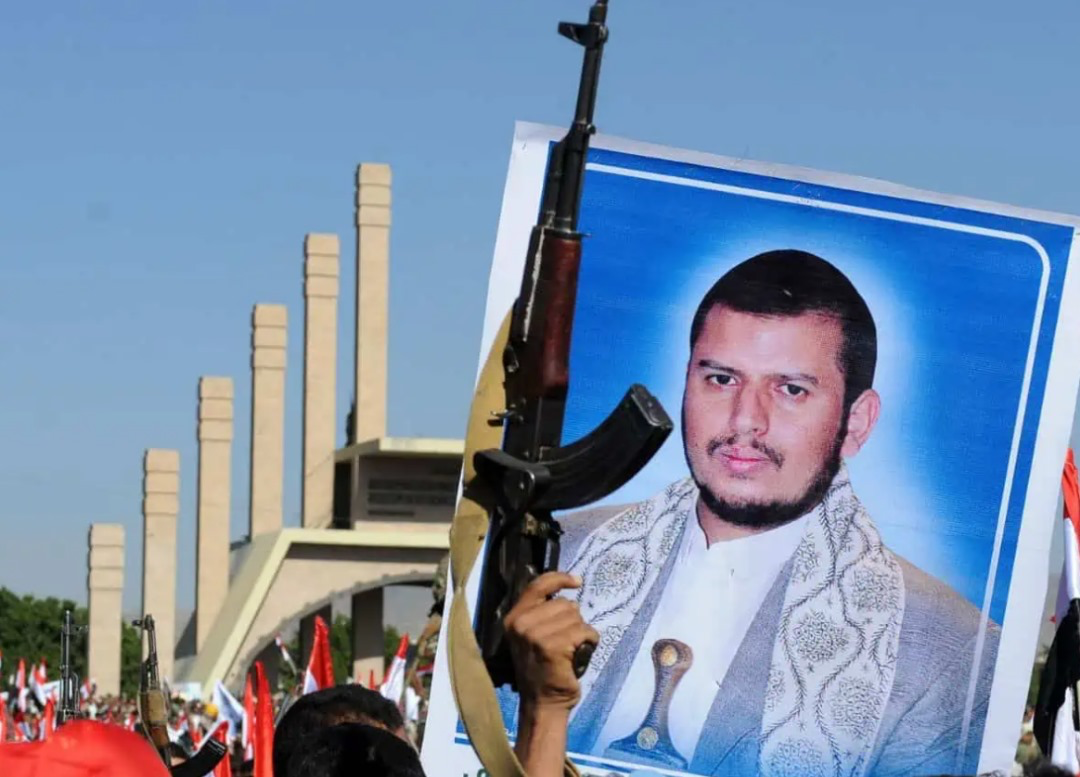


Barran Press
The leader of the Iran-backed Houthi movement, Abdul-Malik al-Houthi, confirmed on Saturday his group's participation in Iran's retaliatory actions against Israel. This declaration follows reports of missiles being launched from four Houthi-controlled provinces across Yemen just hours earlier.
Speaking on Al-Masirah TV during the group's "Ghadir Day" celebrations, al-Houthi asserted, "We support the Iranian stance, and we will participate in this position with all our might. We are partners in the Iranian position with everything we possess."
Al-Houthi further urged regional nations to back Iran, framing what he called "Zionist aggression" as an opportunity to restore standing for both Iran and the broader Arab nation in the face of Israeli "arrogance and criminality." He also sought to reassure his supporters, claiming that "the Islamic system in Iran is militarily and economically cohesive... and will not collapse."
Al-Houthi's statement comes amidst reports from Friday detailing the launch of five ballistic missiles by the Iran-backed Houthi group. The missiles were fired in quick succession from a sports stadium in Mahwit, a densely populated residential area. Ishraq Al-Maqtari, a member of the National Committee for Investigation into Allegations of Human Rights Violations, stated on X that the launches occurred within an hour, with the first at 8:00 PM local time. She emphasized that the stadium used for the launches is located in the heart of a crowded residential neighborhood.
The military affairs platform "Defense Line" also reported Houthi missile and drone launches from areas including the Nihm district east of Sana'a province, near the Haylan mountain range in Sarwah district west of Marib province, and from the Yam mountains, which border Sana'a, Al-Jawf, and Marib.
These Houthi actions follow a significant Israeli offensive on Friday morning, dubbed "Operation Rising Lion," which reportedly targeted Iran's nuclear and military infrastructure. The Israeli operation allegedly resulted in the deaths of senior Iranian military figures and scientists, alongside the destruction of key uranium enrichment facilities. Israeli forces claimed approximately 200 aircraft participated in the initial assault, striking around 100 targets.